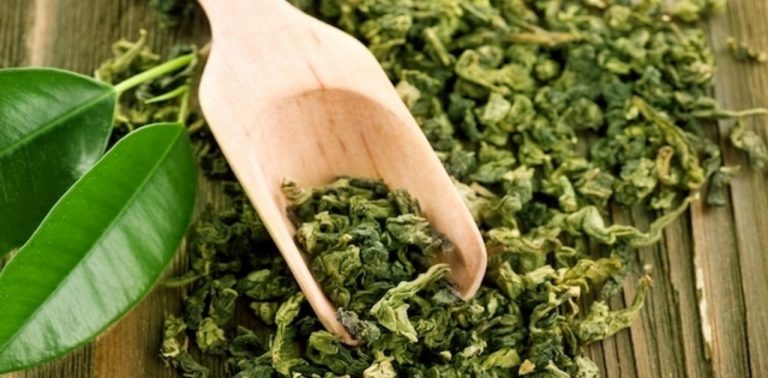Food is an essential part of our daily lives, but what we do with the food we eat can have a significant impact on the environment and our budget. With the rise in pesticide consumption and the growing demand for organic products, it is essential to find ways to make the most of food and save money at the same time. In this post, we will explore how using fruit and vegetable peels and stems not only contributes to sustainability, but can also be a strategy for saving money on organic food.

The Challenge of Pesticides and the Need for Organic Food
Brazil is known for being the largest consumer of pesticides in the world, with 70% of the fresh food consumed in the country showing some level of contamination, according to Anvisa. The use of pesticides is often necessary to protect crops, but excessive doses can pose health risks.
Food hygiene, although essential, does not completely remove pesticide residues. Washing fruits and vegetables with running water and using chlorine or permanganate solutions can eliminate parasites, but it does not solve the problem of internal contamination. Therefore, opting for organic foods, which are grown without the use of pesticides, can be a healthier alternative, although they are generally more expensive.
Benefits of Organic Foods and Full Use
The concept of using food in its entirety goes beyond simply using the edible parts. It includes the consumption of peels, stems and leaves that are often discarded. This method not only reduces waste, but also offers additional benefits:
- Waste Reduction: By using all parts of food, we reduce the amount of waste that goes to landfills.
- Economy: Using parts that would normally be discarded can help reduce food costs, offsetting some of the higher price of organics.
- Nutrition: Often, the peels and stems contain important nutrients that are not present in the main edible part.
By incorporating these practices into our routine, we not only contribute to sustainability, but we also improve our health and save money.
Recipes to Make the Most of Food
Here are some practical recipes that help you make full use of food, making the most of organic products and reducing waste:
- Potato Skin Appetizer: A delicious and crunchy alternative made with potato skins. You can bake or fry the skins to create a healthy snack.
- Watercress Stem Fritters: Use watercress stalks to make nutritious and tasty dumplings. This is a great way to avoid waste and add a special touch to your meals.
- Watermelon Rind Candy: Turn watermelon rind into a delicious and healthy treat. This recipe not only reduces waste, but also offers a different dessert option.
- Pineapple Peel Detox: Prepare a detox drink using pineapple peel. In addition to being economical, this drink is rich in nutrients and ideal for your health.
How to Save Money with Organics and Full Use
Here are some tips for integrating organic foods and making the most of them in your daily diet, maximizing savings and sustainability:
- Meal Planning: Plan your meals to use food in its entirety and avoid unnecessary purchases.
- Buying at Organic Fairs: Organic markets often offer better prices and fresh produce. Take advantage of local markets to find organic foods at more affordable prices.
- Proper Storage: Store unused parts of food properly to ensure it stays fresh and safe to eat.
Where to Find Organic Food in São Paulo
If you are in São Paulo and looking for organic food, here are some recommended places:
- AAO Organic Producer's Fair: Tuesdays, Saturdays and Sundays from 7am to 12pm, at Parque da Água Branca.
- Organic Product and Clean Agriculture Fair – Ibirapuera: Saturdays from 7am to 1pm.
- Ibirapuera Organic Fair: Sundays from 7am to 12pm.
- Pacaembu Organic Fair: Fridays from 7:30 am to 1:30 pm.
- Organic Fair in Pension Park: Saturdays all day.
- Organic Fair at the Central Market of São Paulo: Saturdays from 7am to 1pm.
In addition to the fairs, there are several markets and fruit and vegetable stores specializing in organic products, such as Caminhos da Roça and Horta da Vovó.
The Future of Sustainable Food
Organic food and the full use of food are essential practices for a healthier and more sustainable life. By reducing waste and saving on organic products, we not only contribute to a more balanced environment, but also to a more nutritious diet.
Incorporating these practices into our daily lives may seem challenging at first, but over time, they will become part of our routine, bringing benefits to both our wallets and the planet. Awareness and action are the first steps towards a greener, healthier future.
Try the recipes, shop at organic markets and make the most of the food. Every small change counts towards creating a lasting positive impact on our food and the environment.
Did you like the tips? Share this post and keep following our blog for more suggestions on how to live more sustainably and economically.
Check out other interesting facts about recycling clicking here.
Learn how to make art by recycling, Click here.



